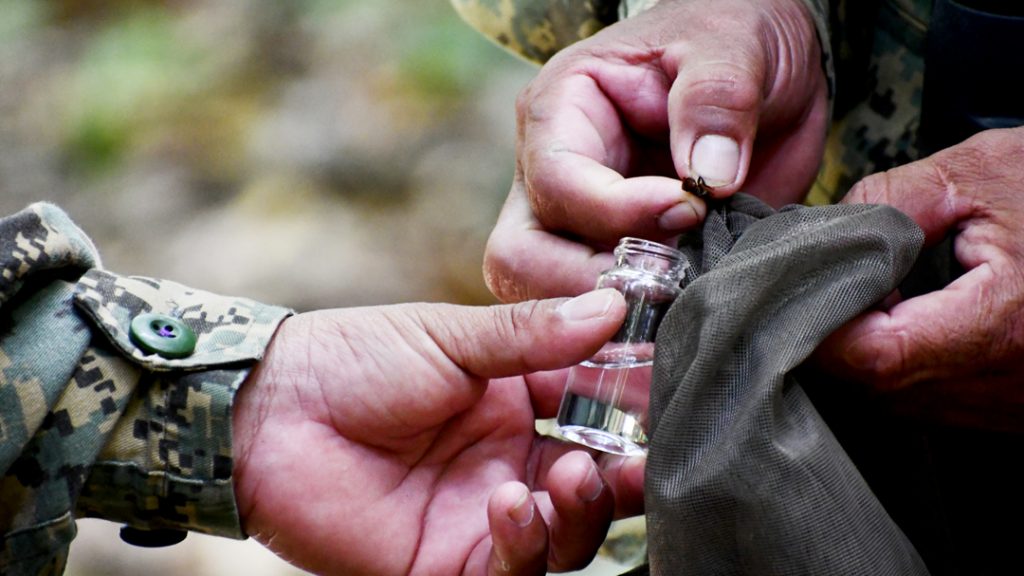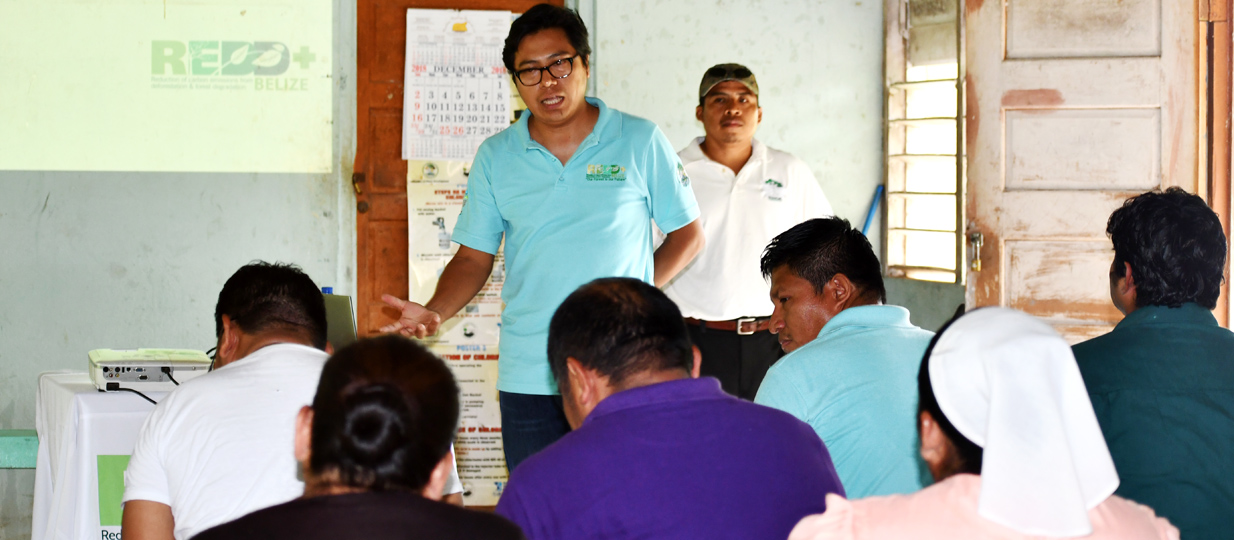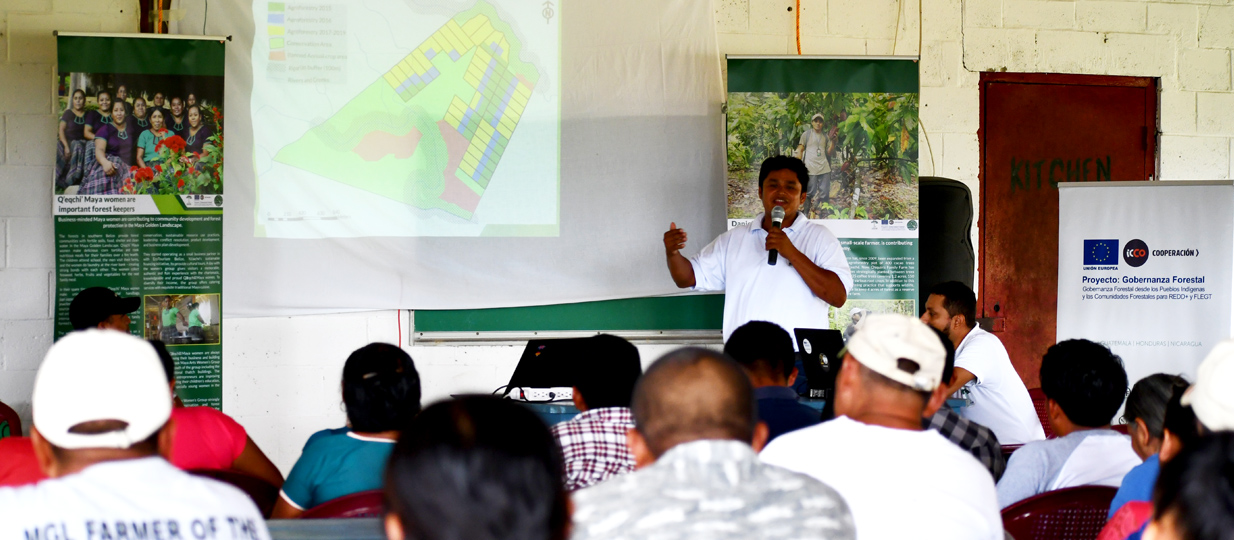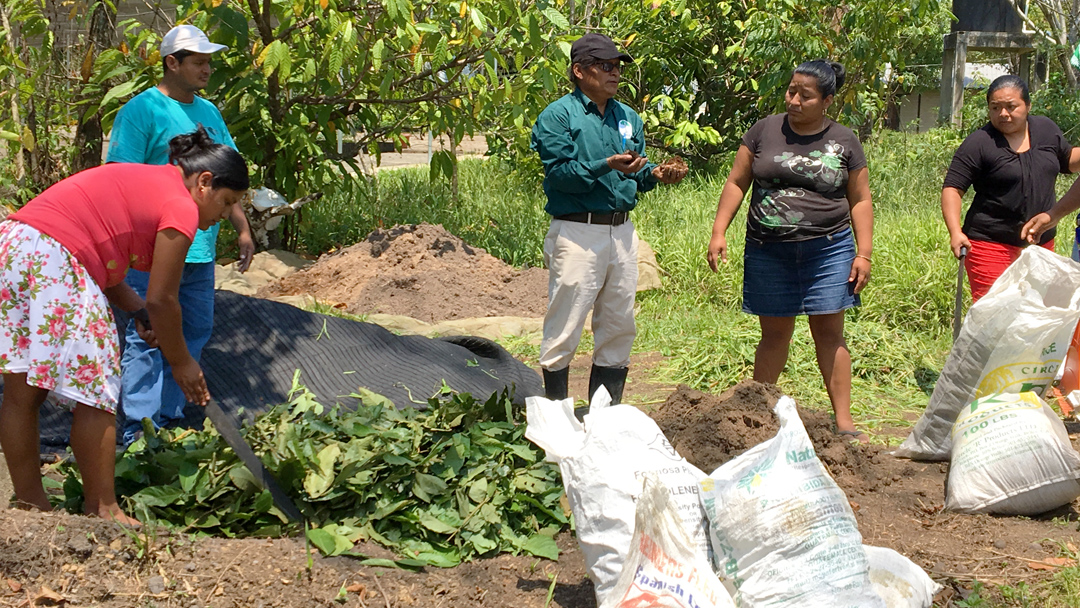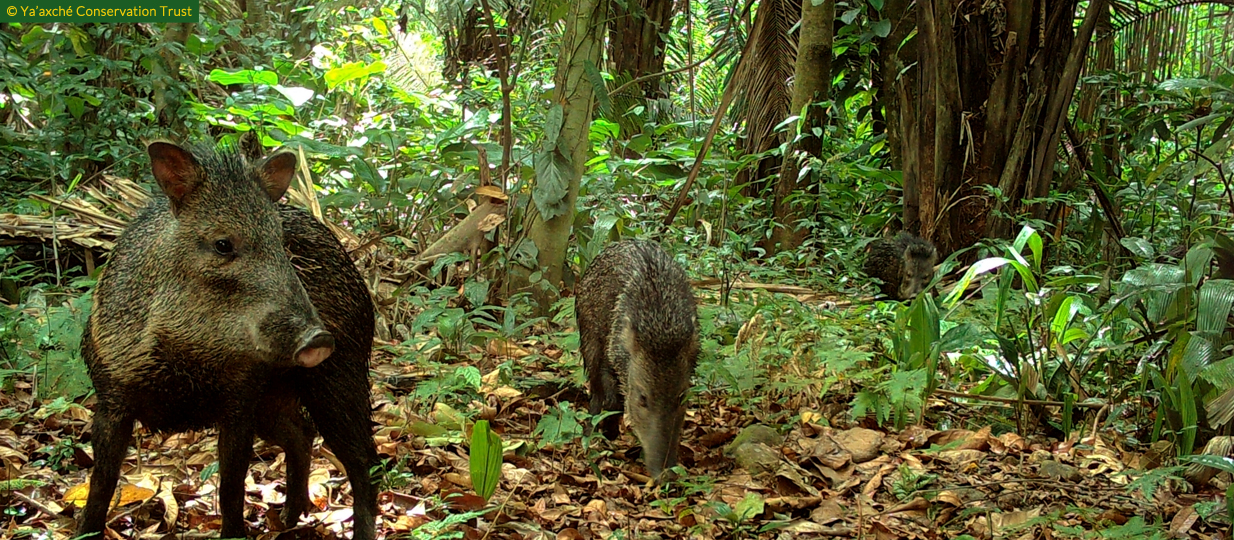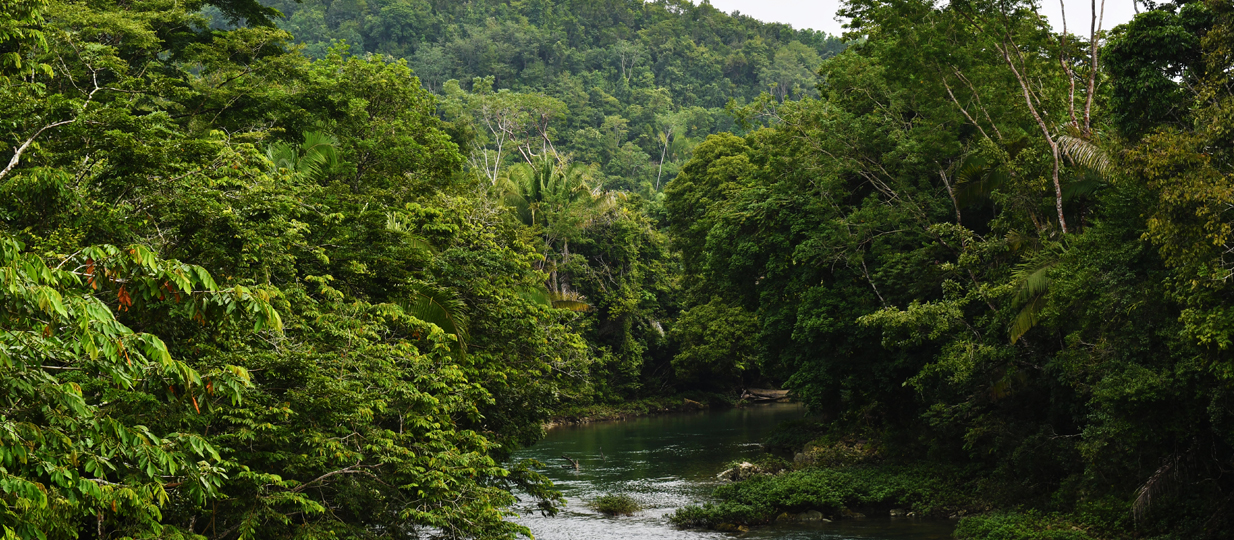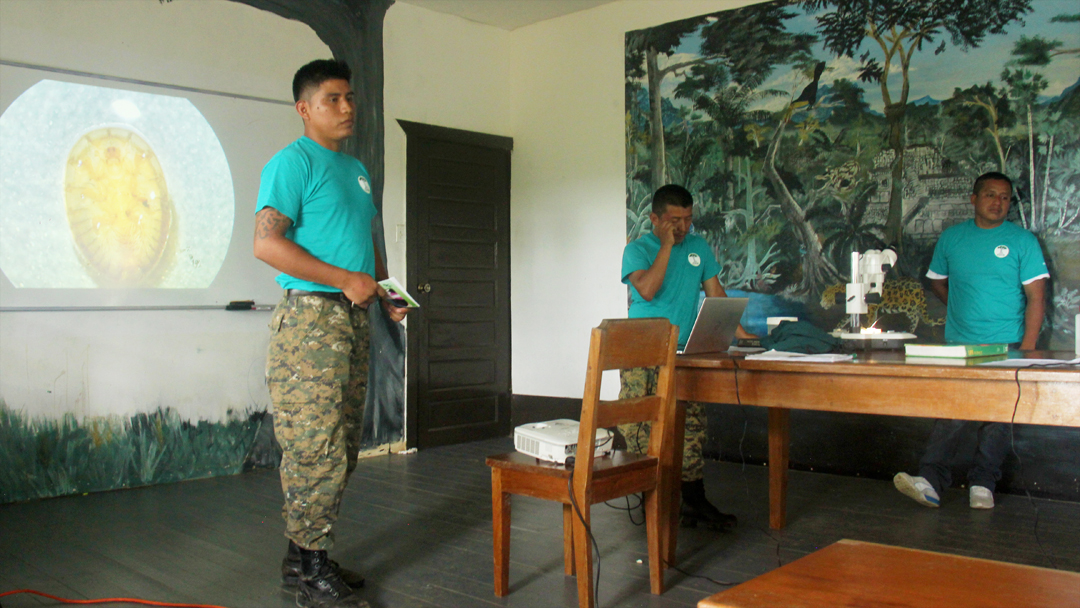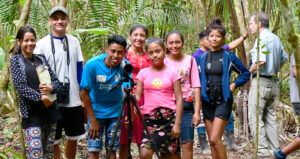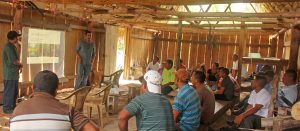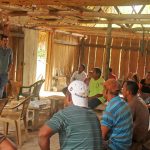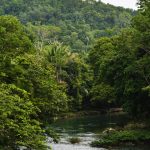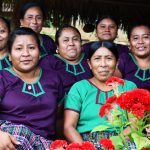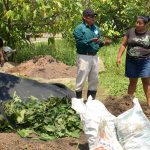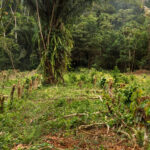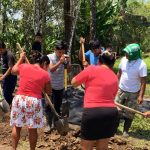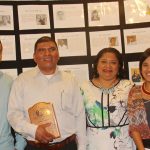The Maya Golden Landscape (MGL) beekeepers are versatile and hardworking Belizeans earning a sustainable livelihood and securing wealth in nature for future generations.
The Maya Golden Landscape (MGL) farmers wake up every day before the sun rises, filling a gallon of water, tucking boots, grabbing a sharp machete, and head to their farms. The MGL beekeepers are also farmers and have incorporated apiculture as a climate-smart practice in their farms, to diversify income and conserve forests.
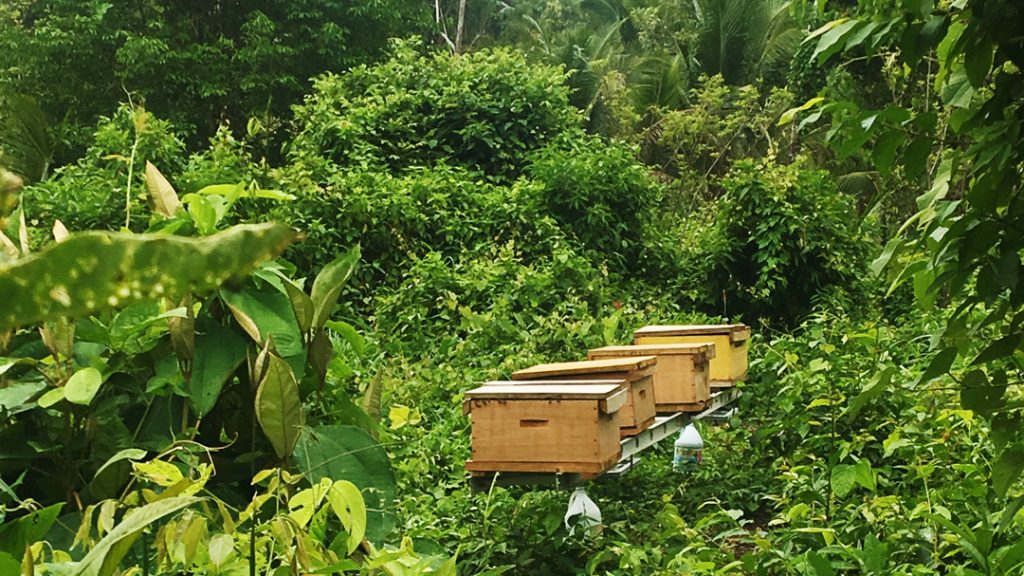
Bees work every day to sustain life on Earth and are easily taken for granted. A world without bees will become a poor, hungry and less colourful place. The MGL beekeepers recognized the direct and tangible importance of bees as pollinators. In nature, bees have the responsibility to keep ecosystem services functional. Pollination goes beyond fertilising flowers and it keeps forests standing; consequently, providing a home to wildlife, fertile soils, freshwater and clean air, on which every living organism depends on.
In farms, bees pollinate over 80% of food crops—the human body source of nutrients and energy. Bees pollinate crops such as tomatoes, pumpkins, allspice, cabbage, pepper, vanilla, coffee, corn and much more, all of which can be found growing in the Maya Golden Landscape. Apiculture has added so much more diversity and productivity to the MGL beekeepers’ farms and contributed to a significant increase in crop yields. Hugo Tobar, a beekeeper from Bladen village, says “You can listen to their buzzing as if they stay in the cornfields and ever since I have added the beehives, my farm has higher yields.”
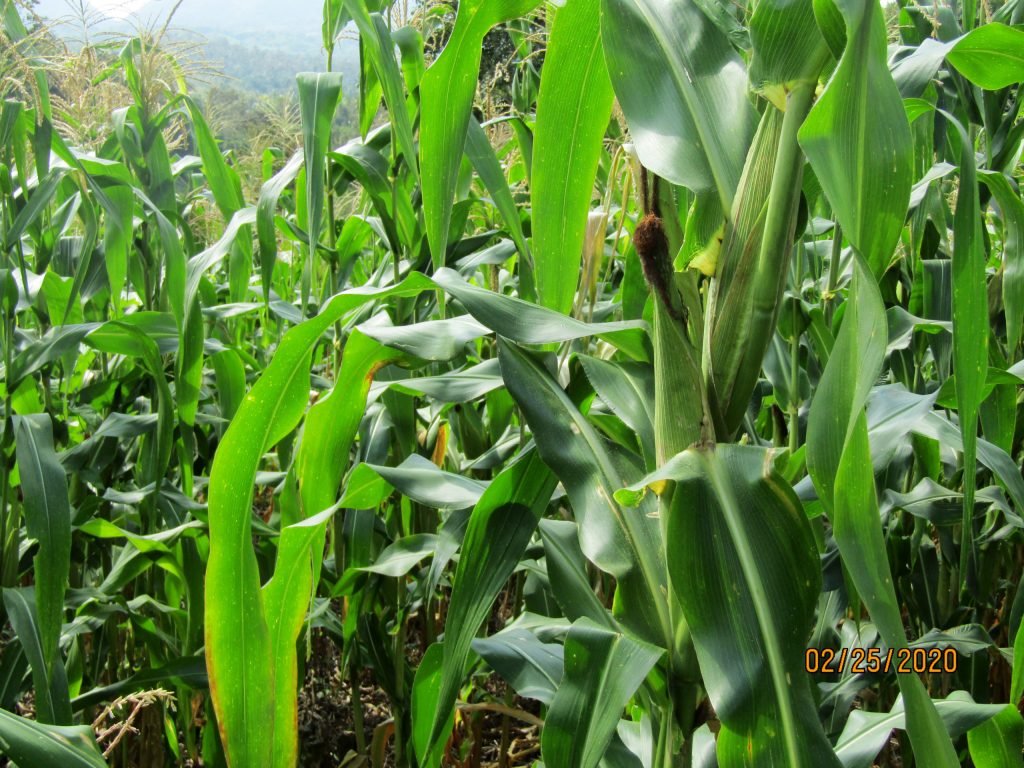
The apicultural practices and its products are in global demand due to its medicinal benefits and pollination service it renders. The MGL beekeepers see this demand as an opportunity to have a business. Young MGL beekeeper and entrepreneur from San Pedro Columbia, Nelvin Requena, started his apiary a couple of years ago along with his brother. Today, Nelvin has 40 beehives and intends to continue expanding into commercial beekeeping, harvesting honey, pollen, bee wax and many other value-added products. Nelvin shares with us that, “All profits have been invested into my beekeeping materials,” and that he likes apiculture because “beekeeping is sustainable farming that helps protect forests.”
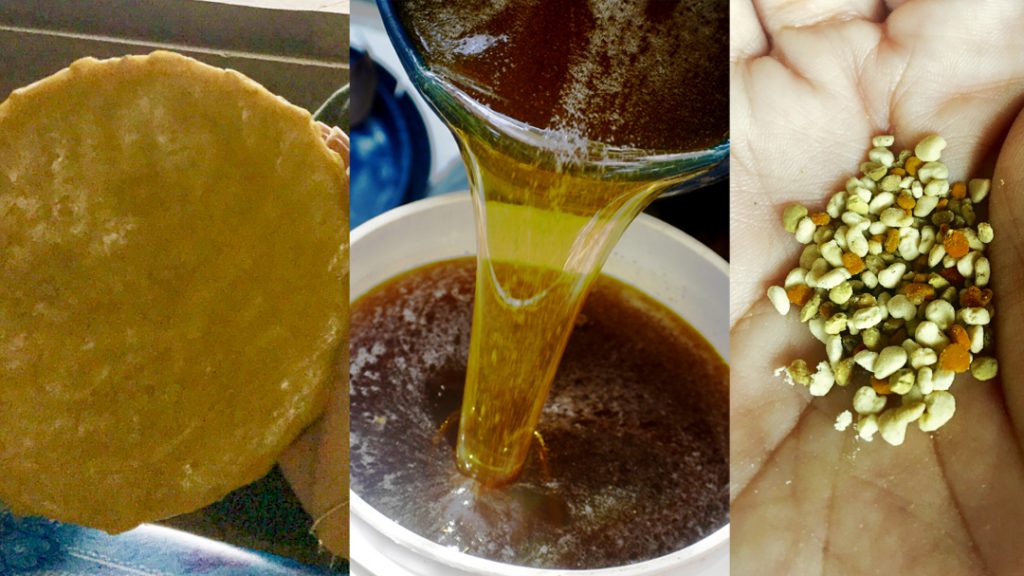
The MGL farmers and beekeepers do not use pesticides and implement organic fertilisers and Inga alley cropping to add nutrients to the soil. Pesticides can kill and contaminate apiaries, which may end up contaminating the human body through the ingestion of food. The MGL Beekeepers work arduously to ensure their bees have access to healthy vegetation and productive farms for communities to access organic and nutritious farm produce.
In just two years, nine MGL beekeepers have harvested over 4,000 pounds of honey. One of the most experienced beekeepers, Juan Tut from Trio village, has become a mentor to other young men and women in the communities, encouraging them to start their own apiaries. Juan says, “Without any knowledge, I started with just one bee box.” At present, he has over 4 years of beekeeping experience and all his knowledge comes from practicing apiculture and observing bees.
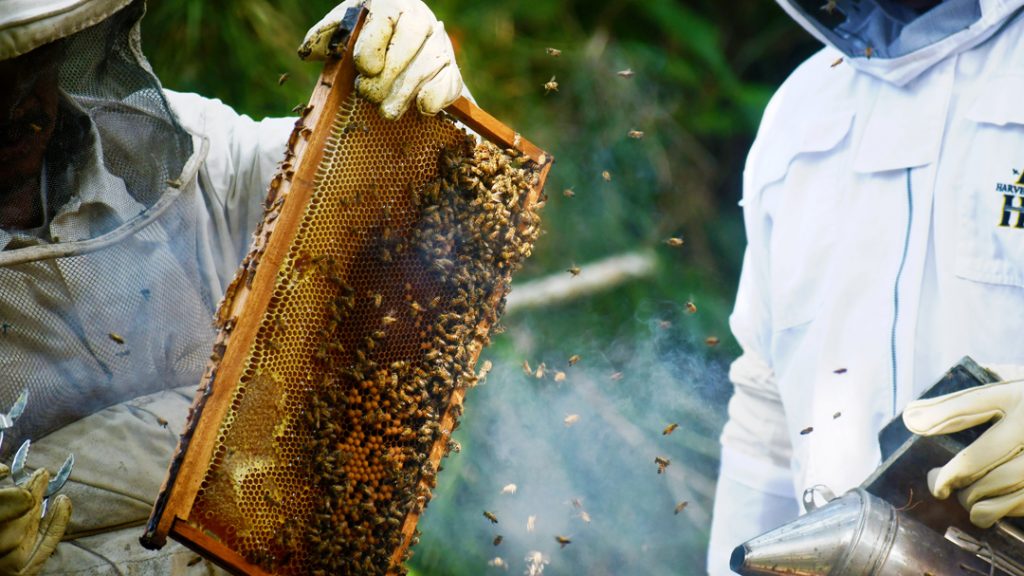
The Inter-American Foundation, Gesellscheft für Internationales Zuzammenarbeit – Caribbean Aqua-Terrestrial Solutions and the European Union/ICCO Cooperation Forest Governance Project have supported the MGL beekeepers with equipment, technical support and capacity building training. Orlando Cucul, a young and enthusiastic farmer and beekeeper from Big Falls village, has participated in climate-smart farming training and is really excited to develop his apiary and learn from the other farmers. Orlando stated that “Exchange visits to see other farmers with Ya’axché changed my mind set on farming.” Orlando encourages others to practice beekeeping because “it is nothing difficult to do.”
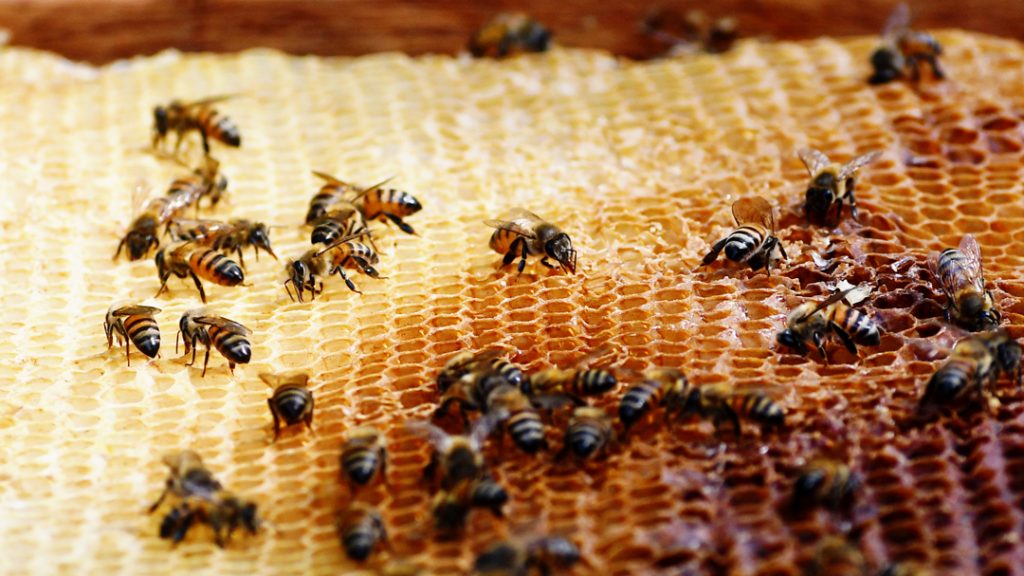
Beyond sustainable agriculture, Ya’axché has also included the first scientific research on bees in Belize. With the help of farmers, 25 bee species have been identified in five agroforestry farms and in three protected areas across the Maya Golden Landscape. The MGL beekeepers continue caring for their beehives and treat bees as partners in sustainable farming and conservation. Ya’axché plans to recruit beekeepers and continue working towards conservation action that contributes to a large-scale change.
